Common Challenges Faced by Security Guards in Australia
Security guards in Australia play a vital role in maintaining safety and security across various sectors. They protect businesses, individuals, and properties, safeguarding environments from threats such as theft, violence, and other security breaches. Despite their importance, security guards face numerous challenges that make their jobs both demanding and, at times, risky. This blog post explores the obstacles they encounter daily and highlights potential solutions to these ongoing issues. Visit here for explore our guard services
Crisis Management
One of the most critical responsibilities of a security guard is managing crises effectively. Whether it’s a natural disaster, a violent altercation, or a significant security breach, guards must act swiftly and decisively. The ability to make quick, informed decisions during emergencies is essential. For instance, a fire breaking out in a commercial building requires immediate evacuation, while a violent incident in a public area demands strategic intervention to avoid escalation.
Proper crisis management training is indispensable, equipping guards with the necessary skills to handle high-pressure situations confidently and efficiently. Regular drills and scenario-based exercises can significantly enhance their preparedness.
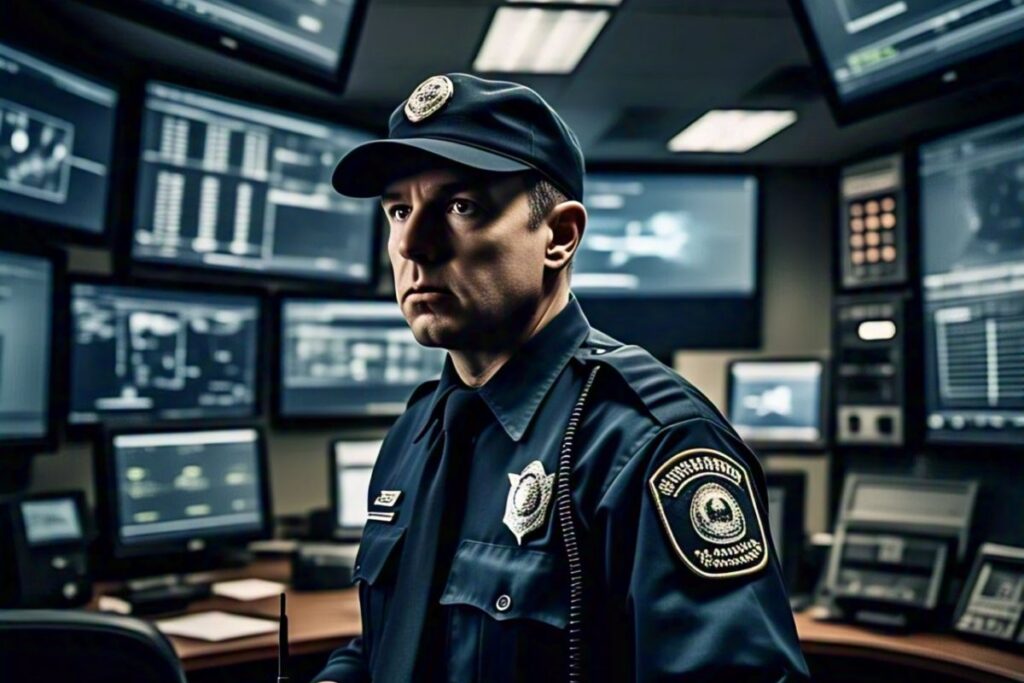
Outdated Technology and Cybersecurity
Many security guards still work with outdated technology, such as malfunctioning cameras or radios with limited range. This leads to operational inefficiencies and potential gaps in surveillance. With advancements in security technology, guards are now expected to operate modern systems like advanced surveillance tools and real-time reporting software. However, the transition to newer technology can be slow and expensive for some security companies, leaving guards to work with subpar equipment.
Cybersecurity also plays an increasingly important role in physical security. As businesses face growing cyber threats, security guards must be aware of how digital vulnerabilities can impact physical security operations. Regular cybersecurity training helps guards recognize potential cyber threats and ensures they are well-versed in both physical and digital protection methods.
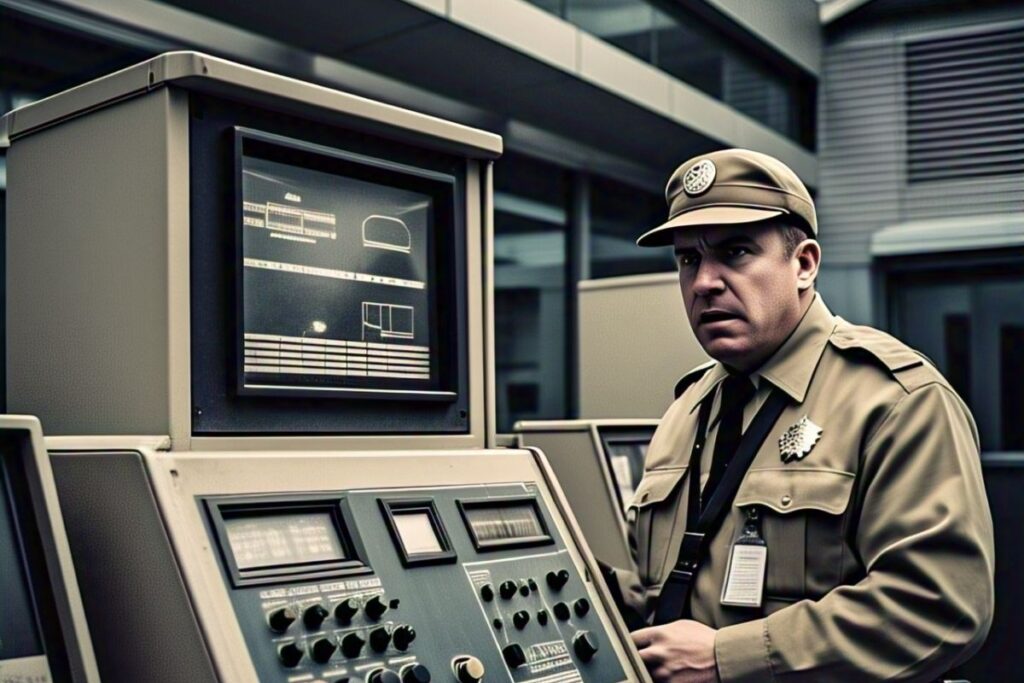
Dealing with Difficult Individuals and Potential Confrontations
Security guards often confront challenging individuals, ranging from intoxicated persons to aggressive vandals and thieves. Handling these situations requires a combination of physical readiness and legal awareness. Guards must manage confrontations within the boundaries of the law, knowing when to use self-defense and when to de-escalate tensions through conflict resolution techniques.
Training in de-escalation and self-defense is crucial. The ability to neutralize potentially violent situations without escalating them is a hallmark of a well-trained guard. Nevertheless, repeated confrontations can take a toll on a guard’s mental and emotional health, leading to stress and burnout. Security firms should provide mental health support and promote a culture of care for their personnel.
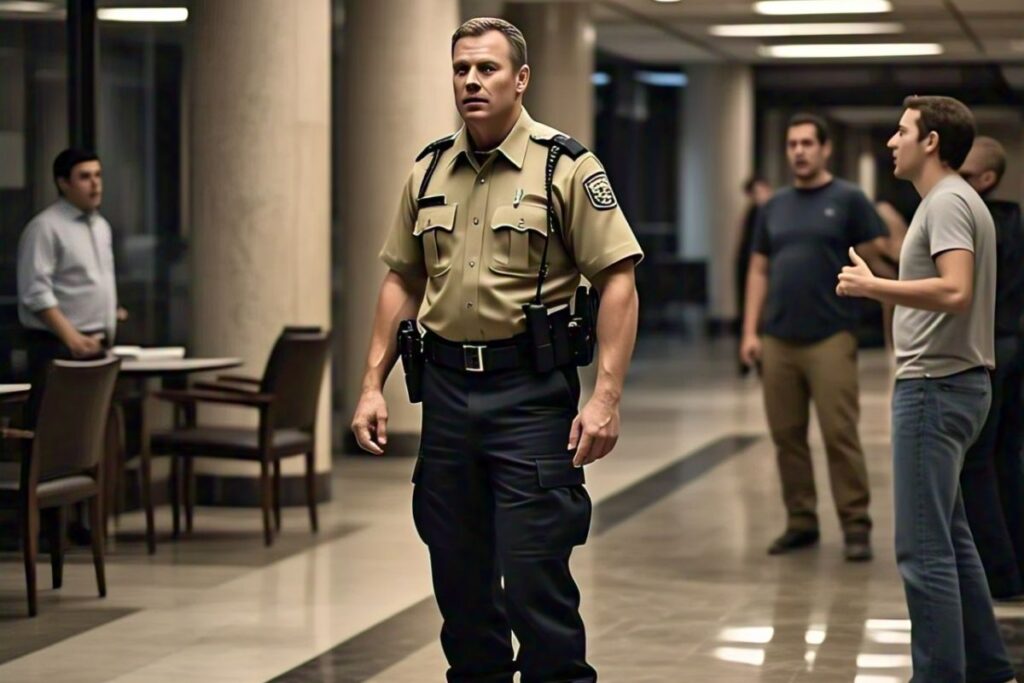
Fatigue and Health and Safety Risks
The physical demands on security guards are often underestimated. Long hours of standing, patrolling, and maintaining vigilance can lead to significant fatigue. Exhaustion impairs alertness, increasing the risk of mistakes that could compromise security. Additionally, guards are prone to injuries, particularly musculoskeletal issues, due to constant physical activity or poorly designed equipment.
To address these health risks, security companies should prioritize employee well-being by implementing reasonable shift schedules, providing regular rest breaks, and offering access to health and wellness programs. Regular assessments of work environments can help identify areas where safety can be improved, minimizing long-term physical strain on guards.
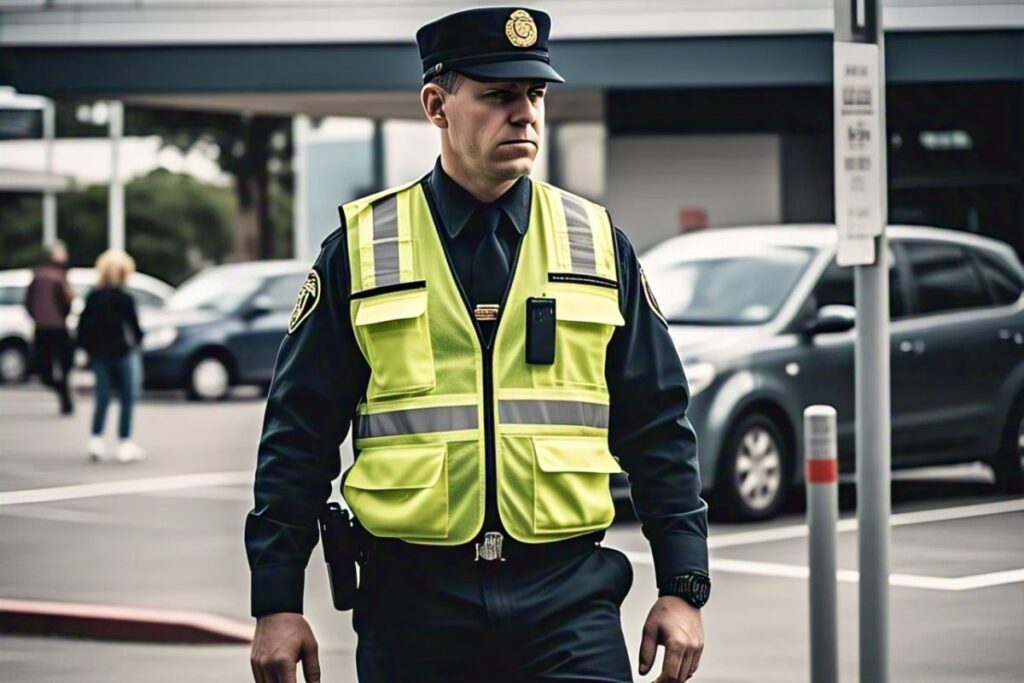
Hiring, Training, and Insider Threats
Recruiting qualified security personnel is a persistent challenge in the industry. High turnover rates make it difficult to retain skilled and reliable individuals, often resulting in understaffed teams. Comprehensive training programs are essential to prepare guards for a wide range of situations, from crisis management to dealing with potential insider threats.
Insider threats — risks posed by employees or individuals with access to sensitive areas — have become a growing concern. Guards must be trained to detect suspicious behaviors among staff and prevent internal security breaches. Strong vetting processes and continuous monitoring of both security staff and other personnel are essential measures in mitigating insider risks.
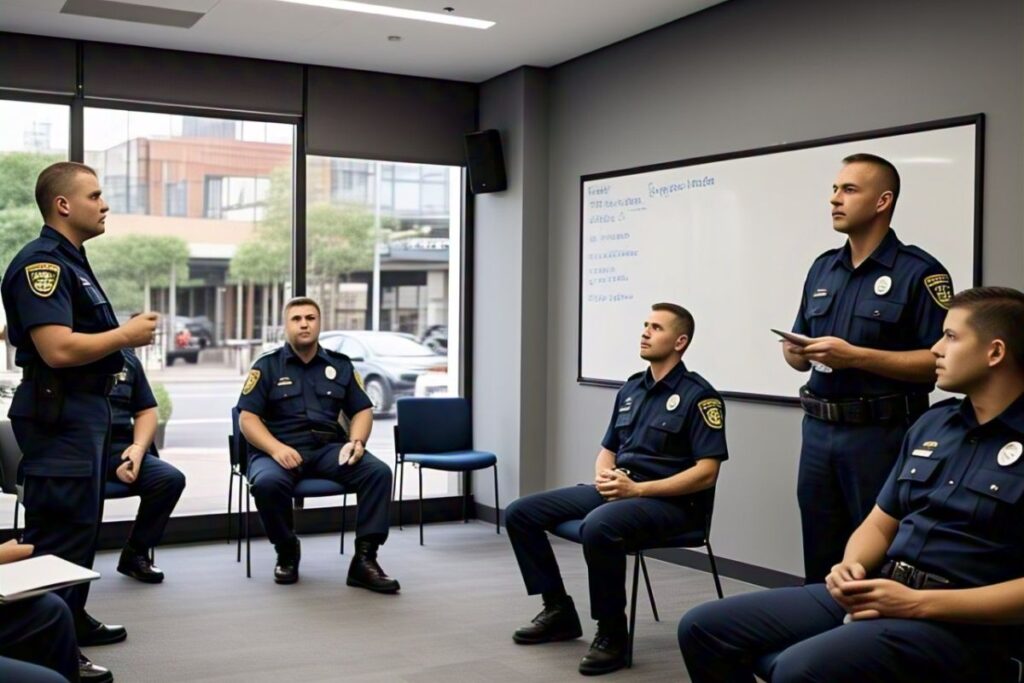
Workplace Violence and Dangerous Situations
Workplace violence has become more prevalent, particularly in industries like healthcare, retail, and hospitality, where security guards often intervene. These situations expose guards to dangerous scenarios, where they may become direct targets of aggression. Comprehensive training in threat assessment, situational awareness, and handling violent encounters is critical for ensuring both the safety of the guards and those they are protecting.
Security companies should also provide guards with appropriate protective equipment and clear protocols to follow during high-risk incidents, minimizing harm during confrontations.

Legal and Liability Issues
Security guards in Australia must operate within strict legal guidelines, especially regarding the use of force, detainment, and the protection of property. Understanding these legal boundaries is crucial to prevent overstepping and facing liability issues. For instance, excessive use of force can lead to legal consequences for both the guard and their employer.
Regular legal training is necessary to keep guards up to date with the latest laws and regulations. This ensures they perform their duties effectively while avoiding actions that could result in legal repercussions.
Low Pay, Career Growth, and Public Perception
Many security guards feel that their compensation does not match the risks and responsibilities they undertake, contributing to job dissatisfaction and high turnover rates. Furthermore, career growth opportunities within the security sector are often limited, leading to frustration among those seeking long-term advancement.
Public perception also plays a role in the morale of security guards. Often undervalued and overlooked, their contributions are not always recognized, further diminishing their motivation. Addressing these issues through advocacy for better pay, career development opportunities, and efforts to improve the public image of security professionals is crucial for the future of the industry.
Communication Breakdowns and Coordination Issues
Effective communication is essential for security guards, especially during large events or emergencies. However, communication breakdowns between guards, clients, and law enforcement can occur, leading to mismanagement of critical incidents. These lapses can result in delayed responses, confusion, and increased safety risks.
Security firms should invest in modern communication tools, such as reliable radios and real-time reporting apps, and establish clear communication protocols. Regular training on communication strategies will also help streamline operations and ensure efficient coordination during high-stress situations.

